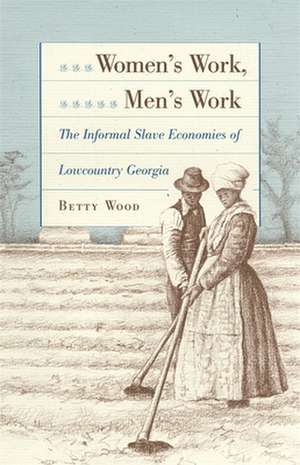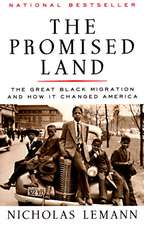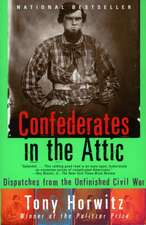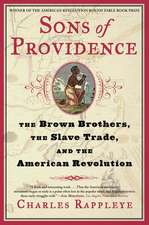Women's Work, Men's Work
Autor Betty Wooden Limba Engleză Hardback – 31 ian 1995
Preț: 356.66 lei
Nou
Puncte Express: 535
Preț estimativ în valută:
68.25€ • 70.85$ • 56.91£
68.25€ • 70.85$ • 56.91£
Carte disponibilă
Livrare economică 03-17 martie
Preluare comenzi: 021 569.72.76
Specificații
ISBN-13: 9780820316673
ISBN-10: 0820316679
Pagini: 247
Dimensiuni: 161 x 236 x 27 mm
Greutate: 0.62 kg
Ediția:New.
Editura: University of Georgia Press
ISBN-10: 0820316679
Pagini: 247
Dimensiuni: 161 x 236 x 27 mm
Greutate: 0.62 kg
Ediția:New.
Editura: University of Georgia Press
Notă biografică
Textul de pe ultima copertă
In Women's Work, Men's Work, Betty Wood examines the struggle of bondpeople to secure and retain for themselves recognized rights as producers and consumers in the context of the brutal, formal slave economy sanctified by law. Wood examines this struggle in the Georgia lowcountry over a period of eighty years, from the 1750s to the 1830s, when, she argues, the evolution of the system of informal slave economies had reached the point that it would henceforth dominate Savannah's political agenda until the Civil War and emancipation. In considering the quasi-autonomous economic activities of bondpeople, Wood outlines the equally significant but quite different, roles of bondwomen and bondmen in organizing these economies. She also analyzes the influence of evangelical Protestant Christianity on bondpeople, and the effects of the fusion of religious and economic morality on their circumstances. For a combination of practical and religious reasons, Wood finds, informal slave economies, with their impact on whites, became the single most important issue in Savannah politics. She contends that, by the 1820s, bondpeople were instrumental in defining the political agenda of a divided city - a significant, if unintentional, achievement.












